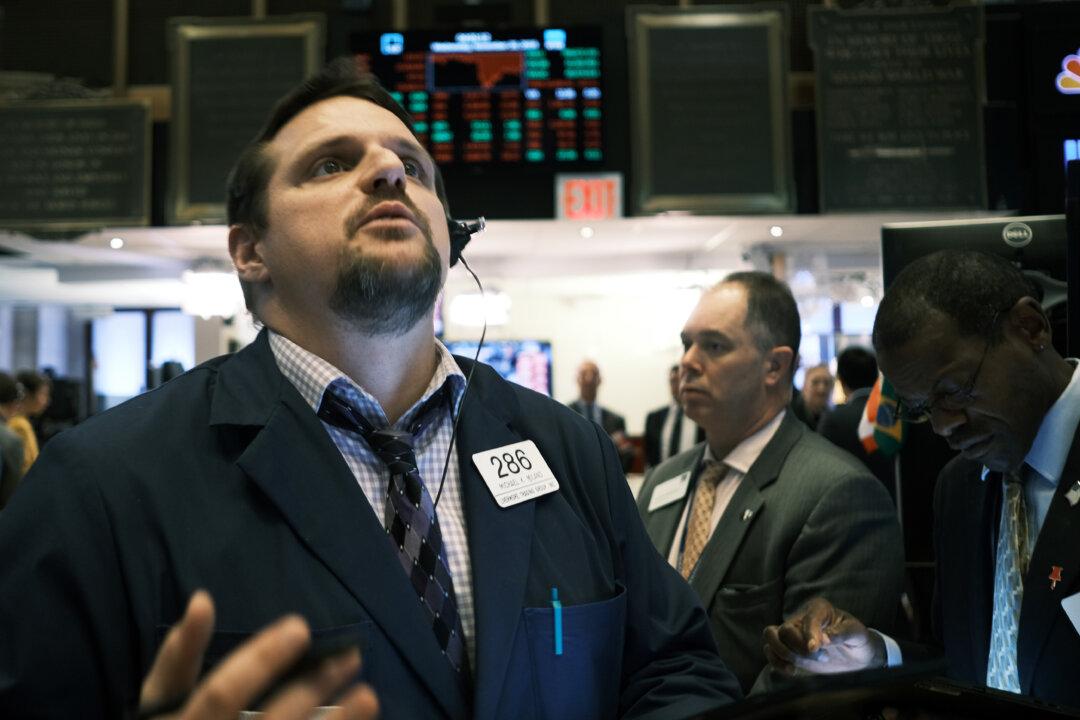WASHINGTON—U.S. stocks dropped sharply on Dec. 3 after President Donald Trump suggested a trade deal with China might have to wait until after the 2020 presidential election.
The Dow Jones Industrial Average sank more than 450 points in morning trading, recording its biggest fall in two months. The S&P 500 and the Nasdaq Composite also lost more than 1 percent.





